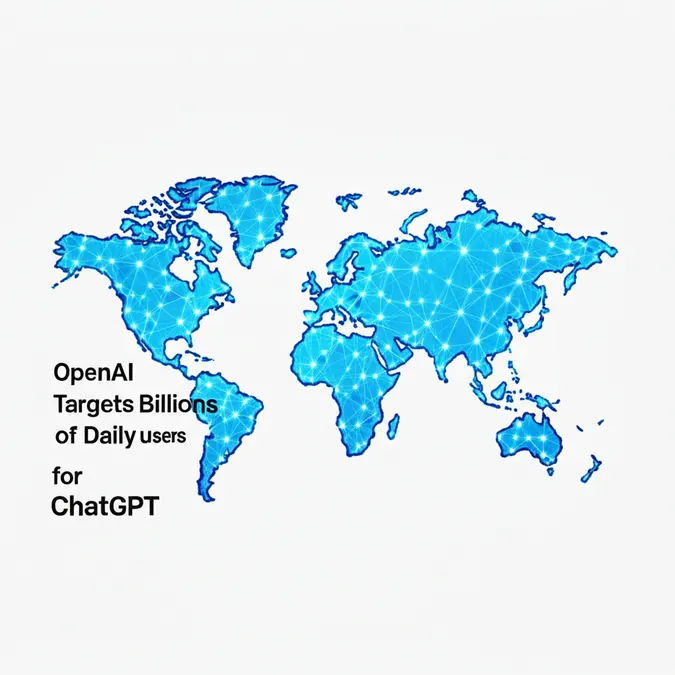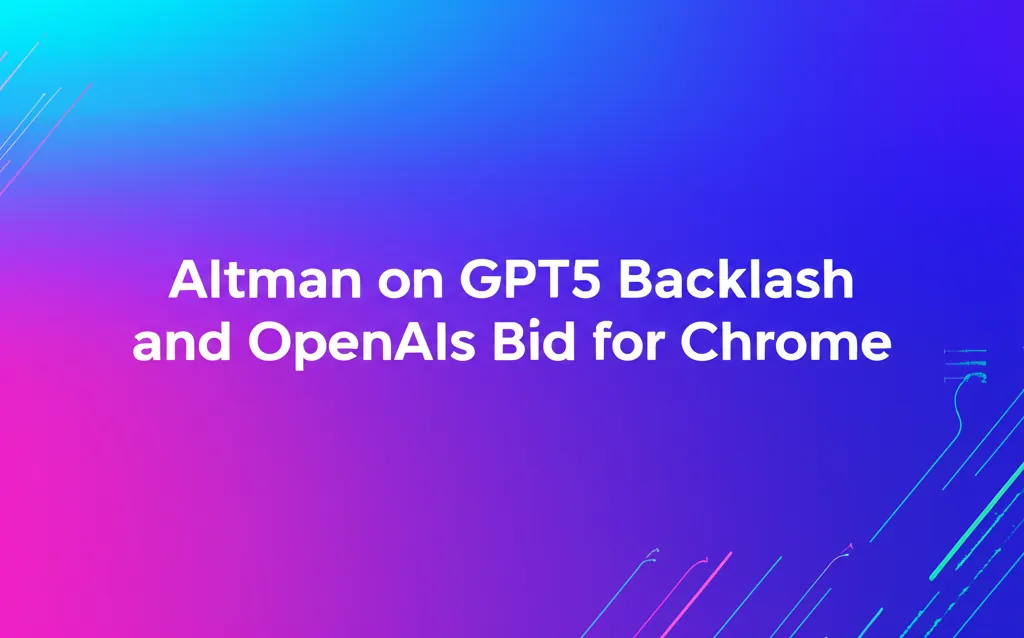Developer Offer
Try ImaginePro API with 50 Free Credits
Build and ship AI-powered visuals with Midjourney, Flux, and more — free credits refresh every month.
Why Pi AI Is Better Than ChatGPT For Voice Chats
While ChatGPT is recognized for its intelligence, its voice conversation capabilities often leave users wanting more. For those seeking a fluid and more natural dialogue with an AI assistant, a compelling alternative has emerged.
The Problem with ChatGPT's Voice Conversations
Using ChatGPT's voice mode daily can be a frustrating experience due to persistent issues. Beyond technical glitches and connection problems, the feature sometimes fails to register speech entirely. It's disheartening to speak for an extended period only to find the AI wasn't listening.
The conversations themselves can feel disjointed and unnatural, a stark contrast to ChatGPT's prowess with text prompts. The user interface adds to the confusion, with visual feedback like the waveform animation often freezing or showing static dots, making it unclear if the system is active.
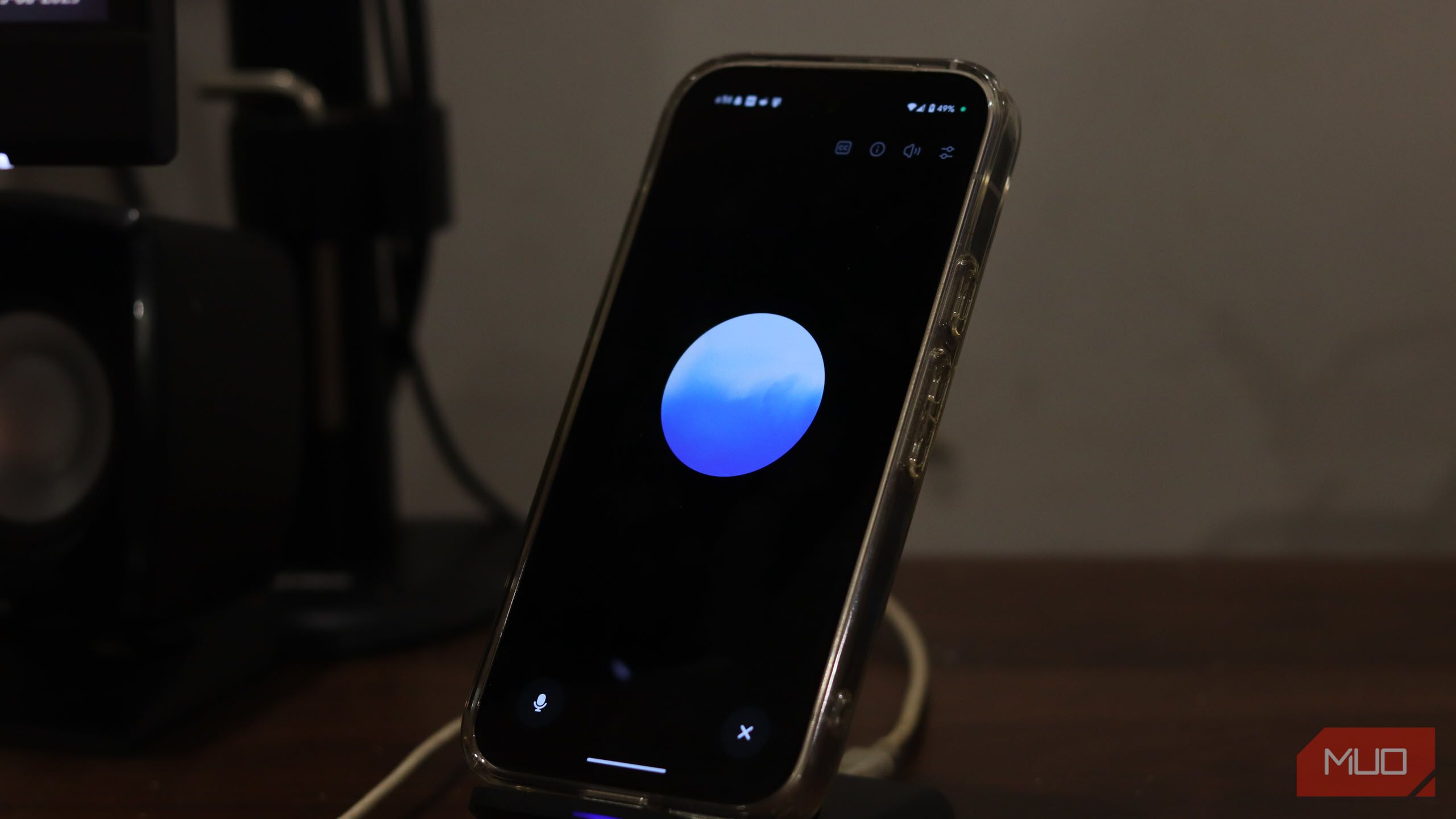
Emotionally, ChatGPT's voice mode is not quite there. It struggles with conversational flow and can get stuck in loops, simply paraphrasing your questions instead of answering them. Although it shows potential for emotional intelligence in text, its robotic behavior in voice chats disrupts the natural rhythm of a conversation. These consistent problems, which previously led OpenAI to delay the feature's release, can make the experience feel subpar, especially for paying subscribers.
Introducing Pi AI: A More Conversational Alternative
Pi AI offers a different approach. Developed by Inflection AI, this chatbot was designed from the ground up to be emotionally intelligent. The result is an experience that feels less like interacting with a robot and more like talking to an attentive friend who remembers the details you share.
Unlike ChatGPT's often formal tone, Pi provides conversations that are more casual, humorous, and genuinely friendly. While not a replacement for human connection, it serves as a reliable stand-in when you need someone to talk to.

Pi AI is accessible on Android, iOS, and the web, offering a consistent voice experience across all platforms. Its user interface is remarkably simple, allowing you to start conversing with one of eight different voices without needing an account for web use. The voice quality is also notably more natural, as Pi's primary goal is to be an excellent conversationalist, not a productivity tool.
Why Pi AI Excels in Emotional Intelligence
In practice, Pi AI demonstrates a superior understanding of context. During a difficult or stressful conversation, it responds with empathy rather than just presenting facts. A standout feature is its willingness to offer a different viewpoint. Unlike assistants that always agree, Pi can provide a more objective perspective, gently challenging your assumptions when necessary.
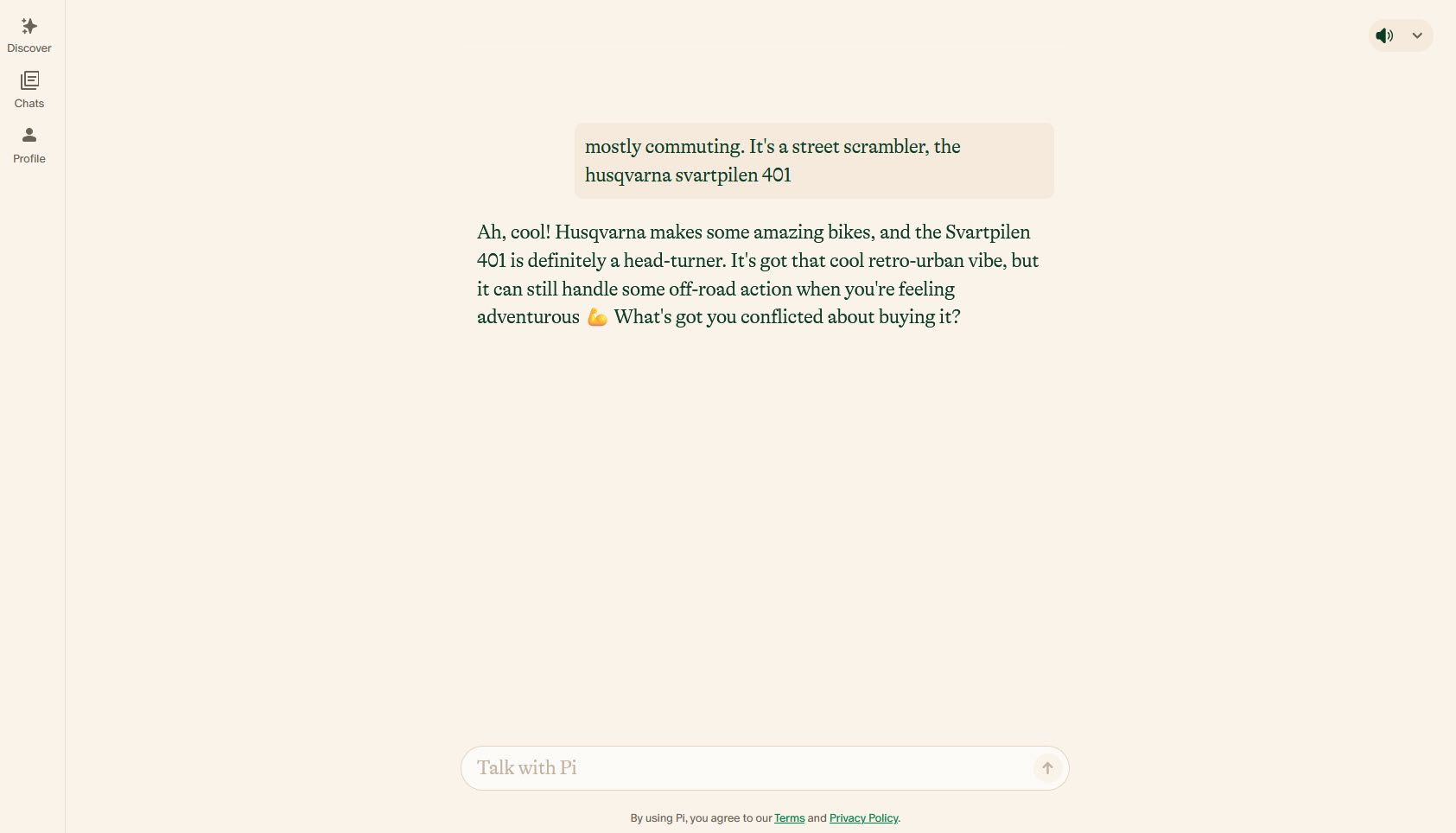
Pi excels at picking up on emotional cues, matching your energy with empathetic responses and sensible follow-up questions. It adjusts its personality to fit the situation—be it playful, serious, or comforting—making conversations feel less mechanical. ChatGPT, by contrast, often maintains a formal tone regardless of the context.
This adaptability makes Pi a valuable tool for personal growth and goal-setting. It can help break down objectives, track progress, and provide motivation, turning interactions into supportive coaching sessions. It's an effective way to use AI to pressure-test your ideas.
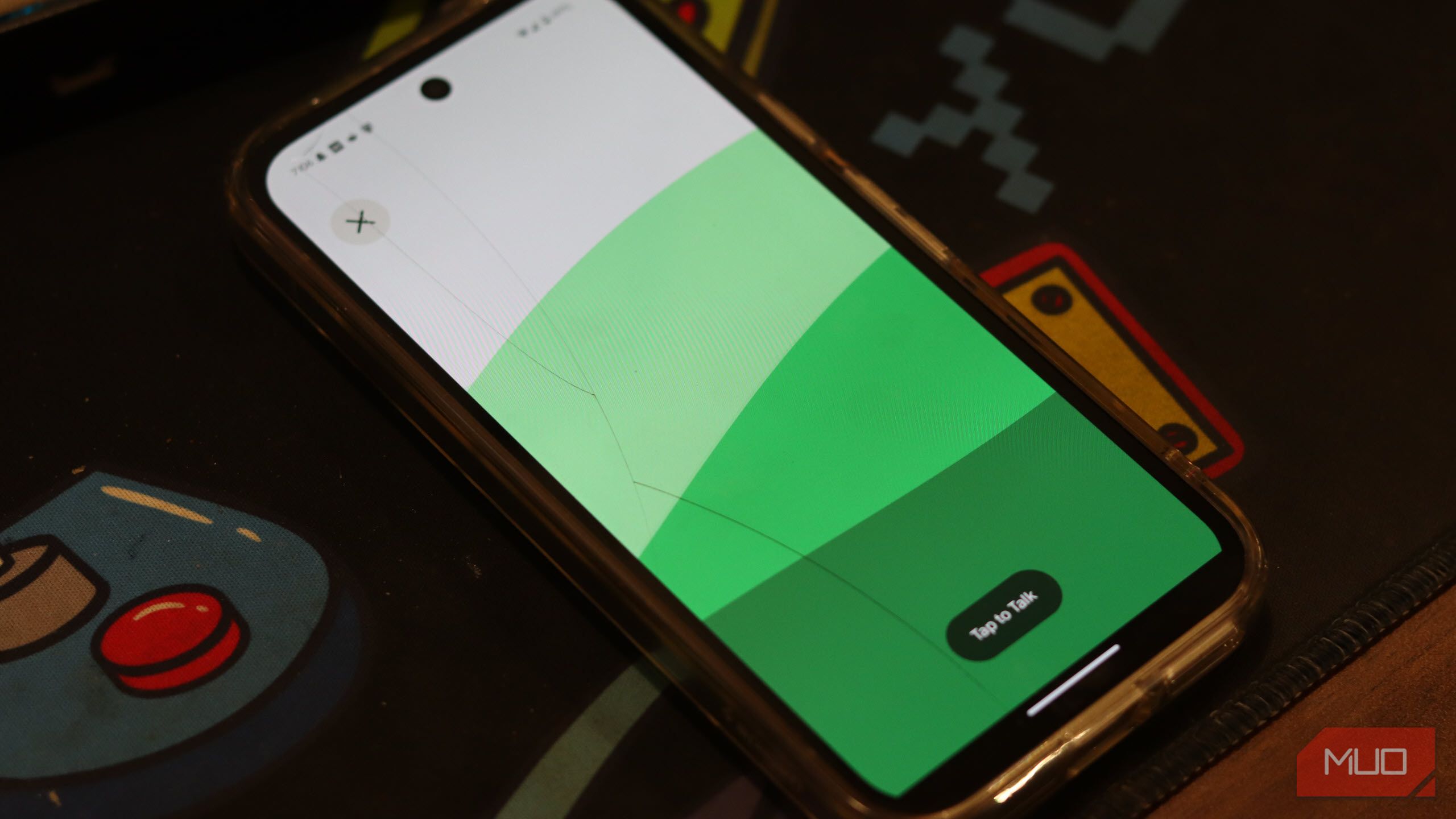
Pi can also be used for learning. While not as technically detailed as other AI bots, it provides clear, less overwhelming explanations for new concepts. If it senses you are struggling, it adjusts its approach to help you grasp the topic more easily.
Choosing the Right AI for Deeper Conversations
When an AI is fundamentally built for meaningful dialogue, the user experience is significantly enhanced. Pi AI facilitates deeper conversations by understanding context, reading between the lines, and adapting its tone to your needs. It doesn't just aim to please or repeat what you've said.
This focus has its trade-offs; Pi isn't the right tool for technical tasks like coding. However, for everyday conversations that require understanding and emotional nuance, it stands out as a far better alternative to many of the supposedly "smarter" AI chatbots available.
Compare Plans & Pricing
Find the plan that matches your workload and unlock full access to ImaginePro.
| Plan | Price | Highlights |
|---|---|---|
| Standard | $8 / month |
|
| Premium | $20 / month |
|
Need custom terms? Talk to us to tailor credits, rate limits, or deployment options.
View All Pricing Details
